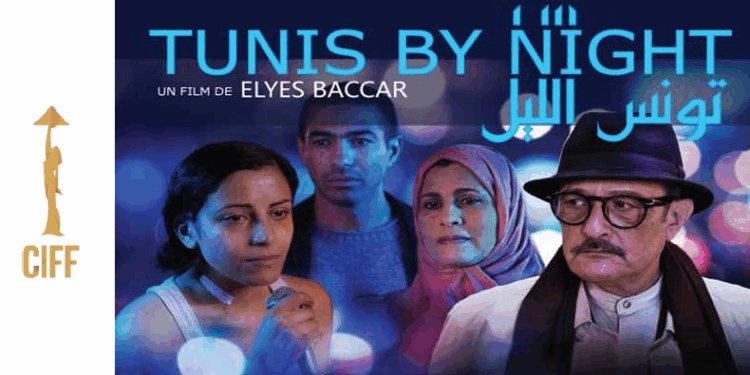Tonight will be screened the feature film Tunis by night (2017) by Elyes Baccar, the only Tunisian film in official competition at Cairo Film International Film Festival (CIFF), whose 39th edition started on 21 and will continue until November 30, 2017. The film team has already arrived in Cairo.
This year, Tunisian participation in the Cairo International Film Festival was quite noticed.
I think that one of the most important events of this festival is The tribute to Hend Sabry who during the opening ceremony received the Prize for Excellence Faten Hamamaawarded price for this exceptional actress who has was classified in August 2017 by Forbes magazine as the most famous Arab actress in the world.
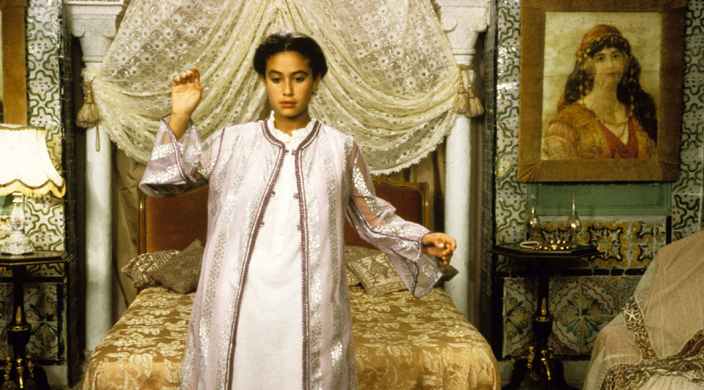

On the occasion of this tribute to Hend Sabryseveral films in which she plays the main role are on the program. Among them the two Tunisian films, The Silences of the Palace (1994) by Moufida Tlatli for which Hend Sabry had won the prize for best interpretation in the 15th edition of Carthage Cinematographic Days and the Magnificent Film Clay dolls (2002) by Nouri Bouzid.


Out of competition, there is also the feature film Abroad (2016) by Raja Amari, programmed in the “Festival of Festivals” section.
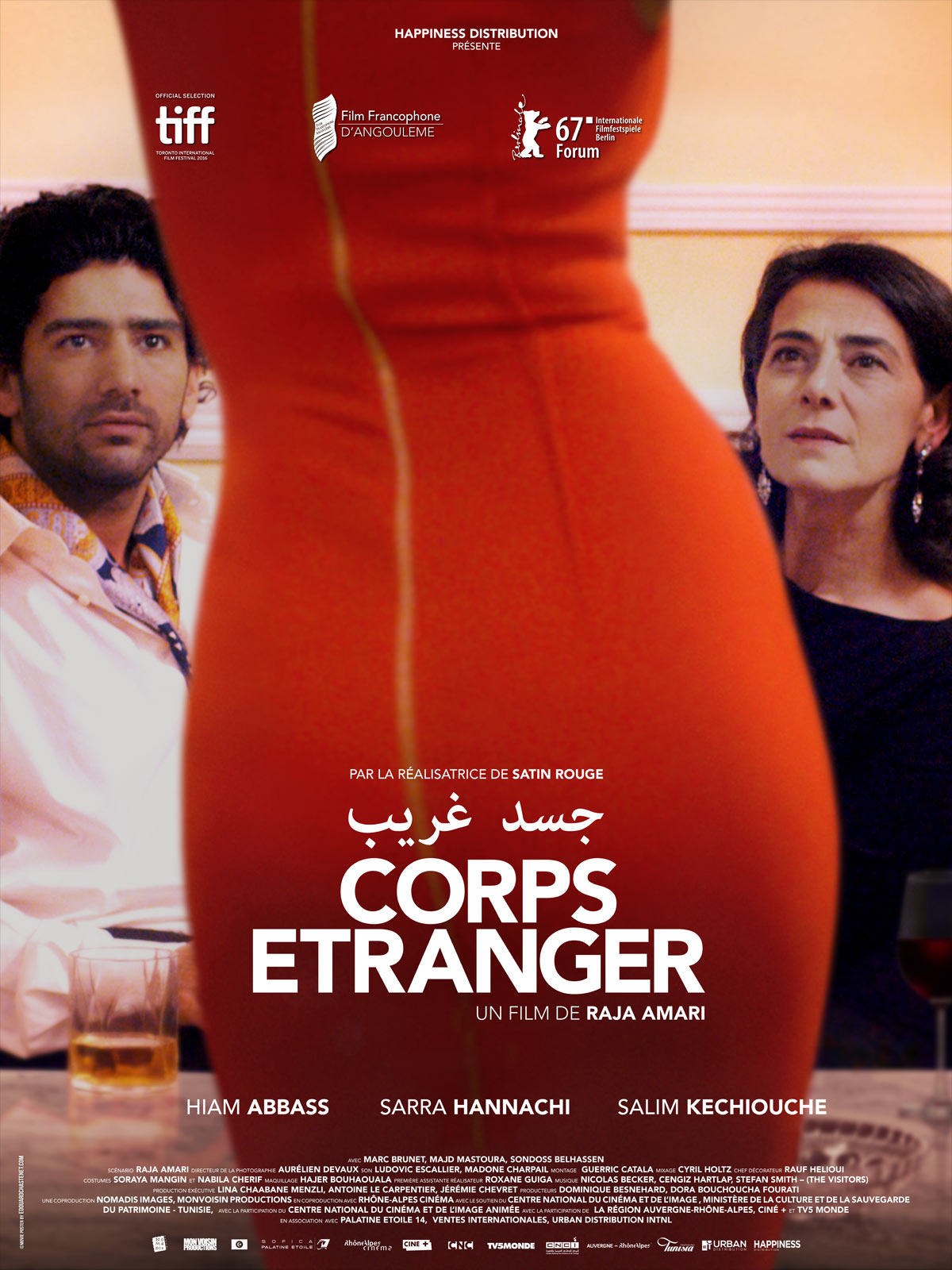

The film Faracha (2017) by Issam Bouguerra compete in the international competition of short films “Cinema of tomorrow”.
In addition, we can also note a Tunisian participation through the Moroccan film Rain sweatshirt (2016), whose director of photography is the Tunisian Amine Messadi.
Before last night had taken place the first screening of the film Al Jaidawhich was very successful. Al Jaida Complete in the “horizons of the new Arab cinema” competition. Tunisian actress Rym Ben Messaoud is also a member of the jury for this competition.
Following this projection, the film team was very sought after by journalists who wanted to know everything about the film as well as to the condition of the Tunisian woman.
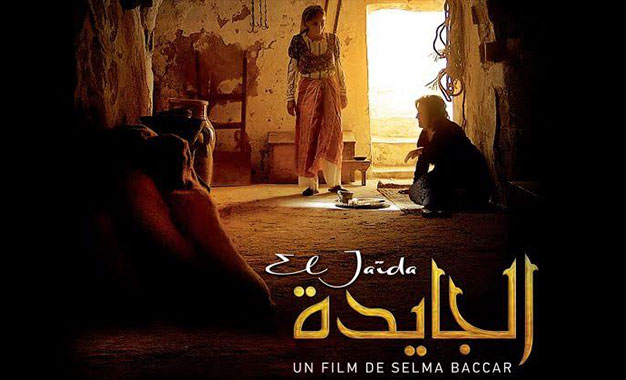

The same morning, Salma Baccar spoke during the seminar organized by the festival on the occasion of the International day for the elimination of violence against women. She wanted to give a testimony concerning Tunisia. Salma Baccar recalled that the Tunisian woman has had a privileged place in the Arab world since the promulgation of the personal status code in 1956, but that the laws are sufficient and that if they are not rooted in society, there may be regression: no right is definitively acquired. She recalled that when after the Revolution, the Islamists had won the elections, the Tunisian woman was very afraid for her rights. Fortunately, civil society had been able to face the retrogrades and had avoided the disaster. The vigilance of women and civil society is very important to say no to these obscurantist movements, whenever necessary, and this is what was done with the constituent assembly in Tunisia. She clarified that although she was a director, when she had felt that Tunisia was in danger, she had joined a leftist party, had been elected member of the Constituent Assembly and had participated in the drafting of the Constitution. It had not been easy to save the achievements of the Tunisian woman. And even if the summer of 2017 there was a vote unanimously for the law against violence against women, that is not enough, because within our society, especially in disadvantaged and not educated circles, retrograde ideas have infiltrated and today represent a danger for Tunisia.
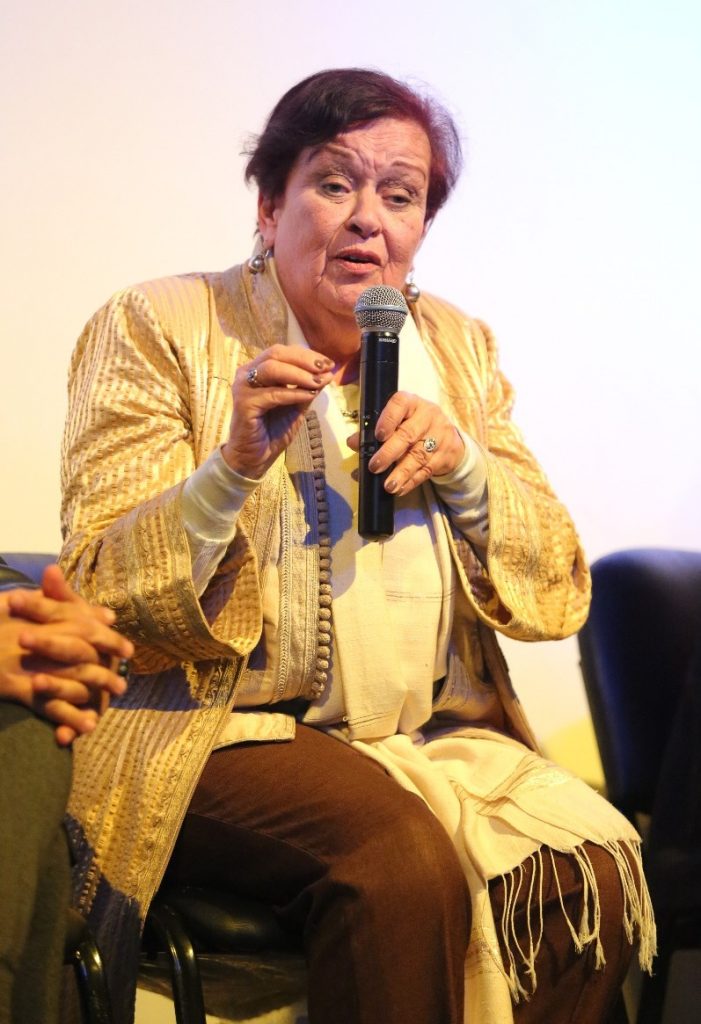

According to the advice of several Arab professionals (Egyptians, Algerians, Palestinians …), Tunisian cinema is a quality cinema with a very bright future ahead of it. Some of them, present in the latest edition of Carthage’s cinematographic days, praise the Tunisian films they have seen, in particular Northern from Walid Mattar and Mustafa Z of Nidhal Chatta and regret that they are not programmed in Cairo.
Let’s cross your fingers for our films in competition!
Neïla Driss


